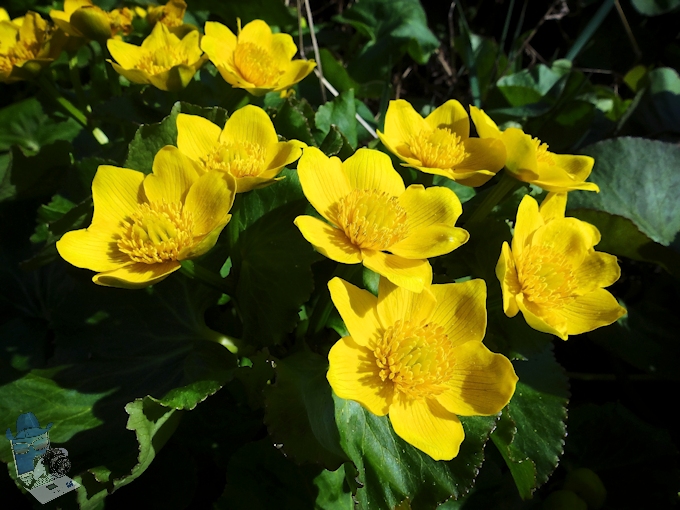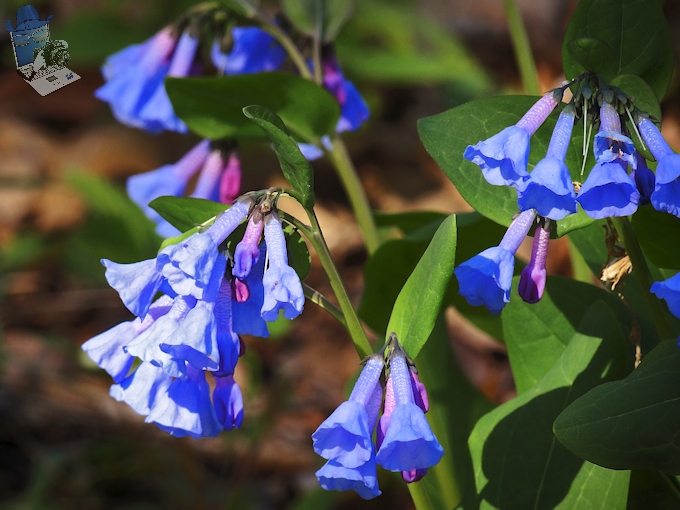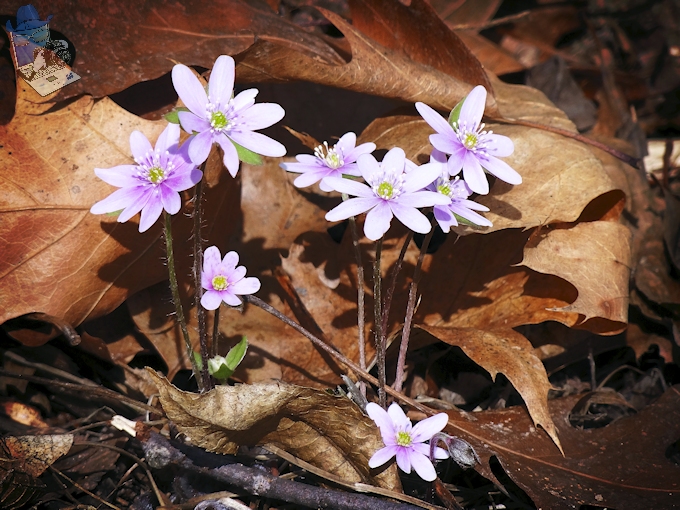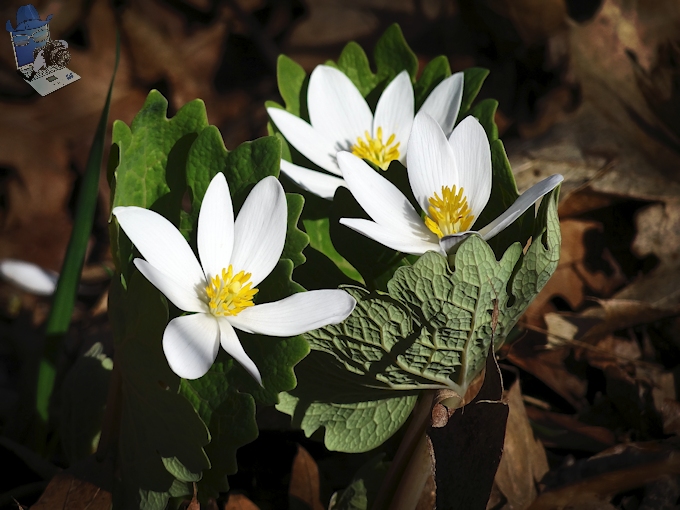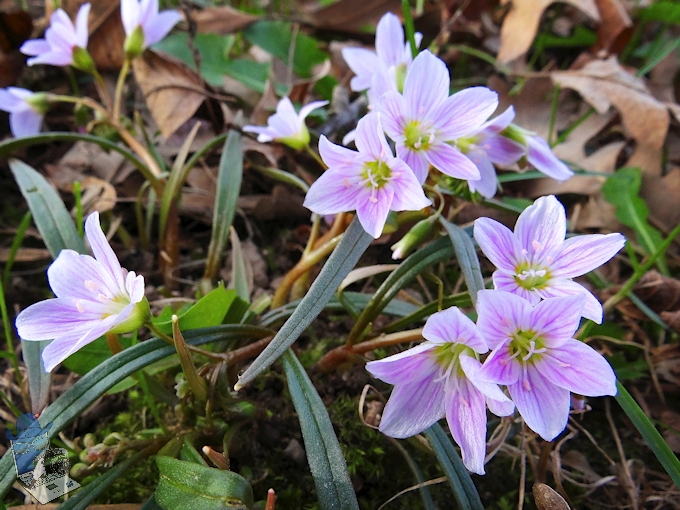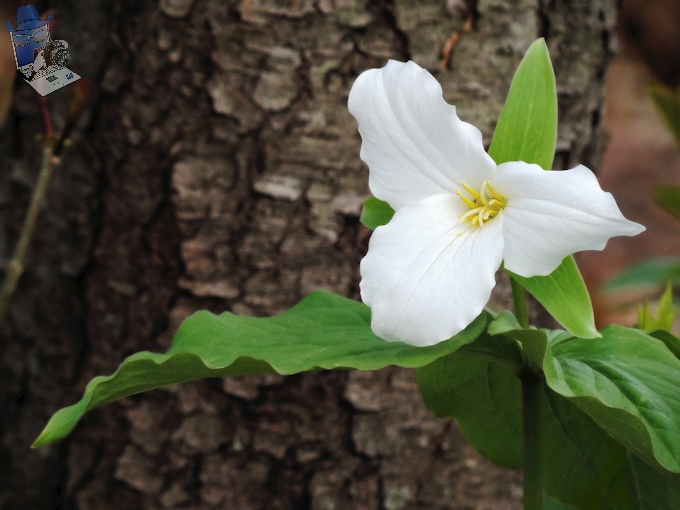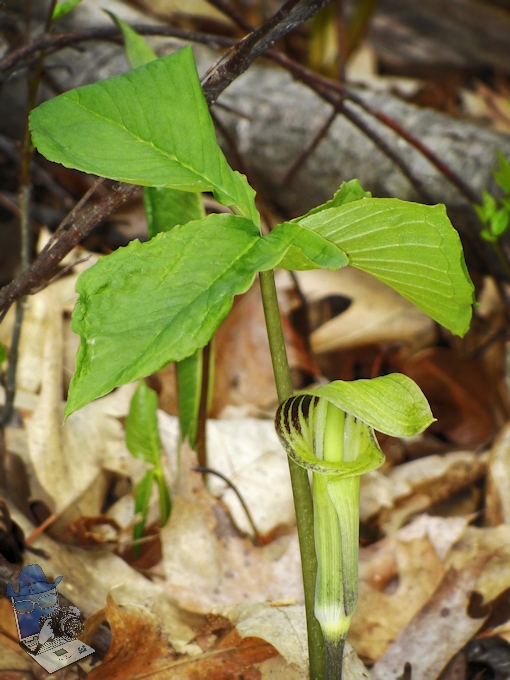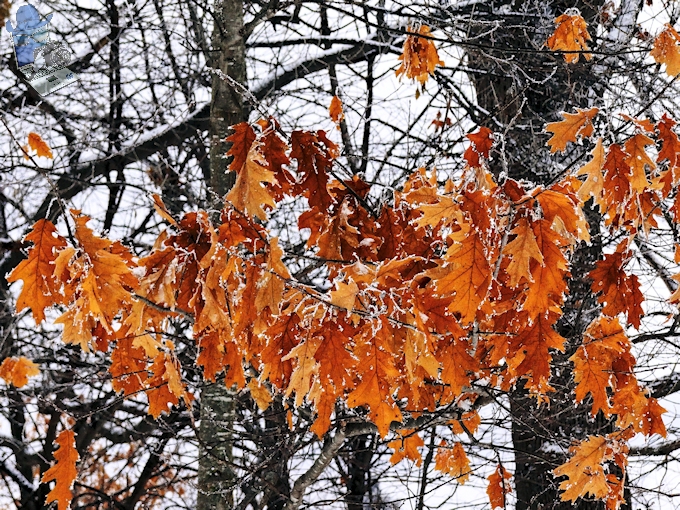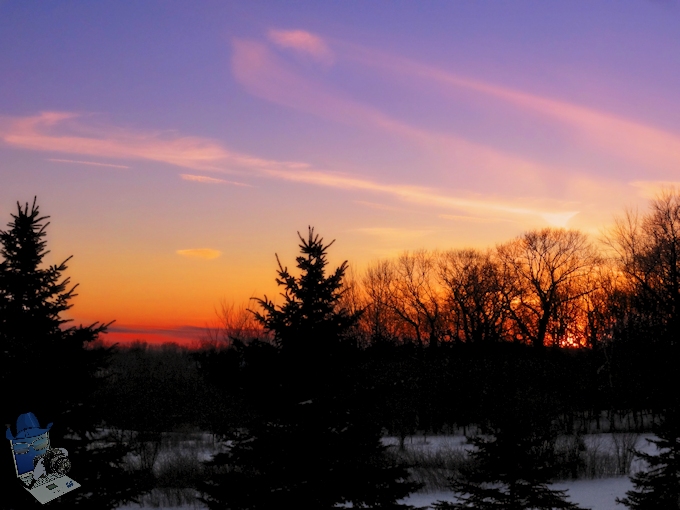“The wild marsh marigold shines like fire in the swamps and hollows gray…”, Tennyson from the May Queen 1860
Indeed, marsh marigold’s brilliant flowers are hard to overlook after a long winter and are a member of the Ranunculaceae family, named by Pliny the Elder (23-79 A.D.) for plants that grow where frogs are found. Ranunculus is Latin for “little frog”.
The flowers are showy because of their bright color and relatively large size. The foliage is an attractive bright green, showing color in the wetlands in early spring.
Marsh Marigold


